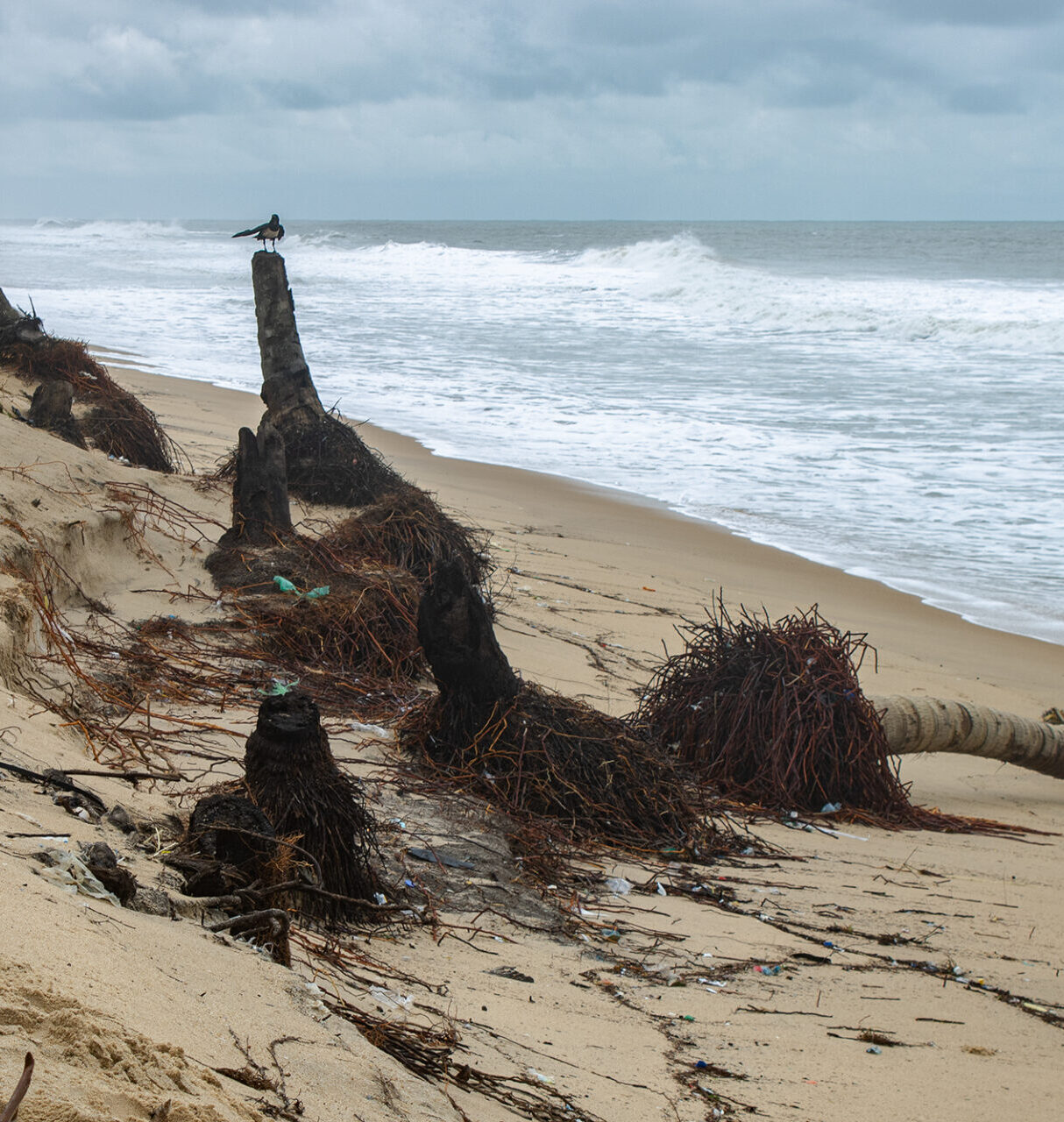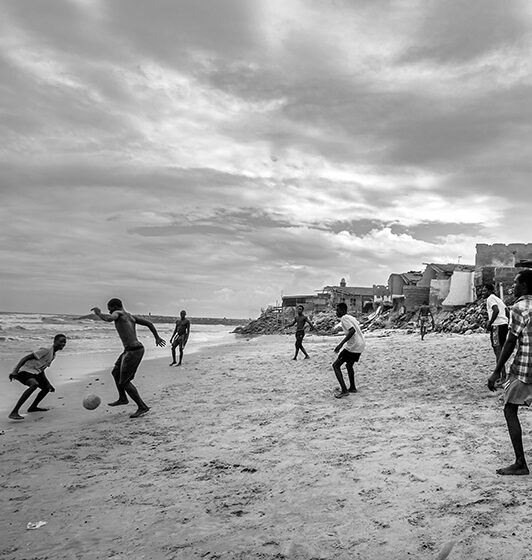SES 5456
Climate Change, Real Estate, and Public Policy [Module 1]
In this interdisciplinary course, students will analyze urban development projects and policies in the United States and internationally. They will develop recommendations for how these organizations could better integrate climate change considerations into their work. Through lectures, discussions, interviews, mentorship chats, and guest speakers, students will explore topics such as building retrofits, strategic relocation, revised land use regulations, grey and green infrastructure, building-scale emissions limits, energy efficiency retrofits, renewable energy deployment, and building electrification.









